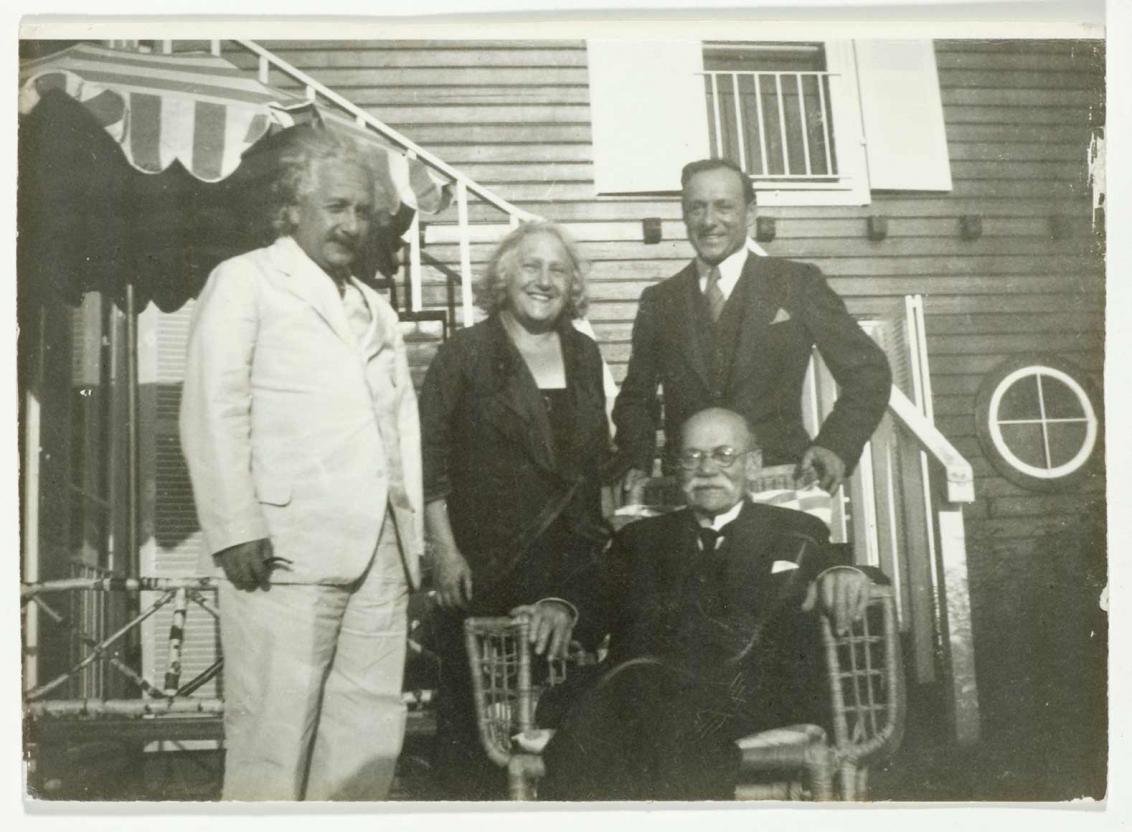
The Jewish Museum Berlin (JMB) has embarked on an ambitious mission to make its archives and collections accessible online for anyone around the world who is interested.
A significant milestone has been achieved in this effort, thanks to the generous bequest from the Adler-Salomon family. This donation has enabled the JMB to lay the groundwork for digitally indexing its collections to educate generations to come. Thanks to this legacy and the sponsoring partnership with Siemens AG, along with donations from the Berthold Leibinger Stiftung and Bertelsmann SE & Co. KGaA, the digitization of around 370 of the 1,800 family estates archived at the JMB is now underway, providing insights into over 250 years of life experience of often widely ramified Jewish families from Germany to the present day. In the future, it will be much easier and more convenient – or even possible in the first place – for researchers and laypeople from all over the world to work with the collections because they will not have to visit the JMB.
The JMB aims to be the central platform for Jewish life in Germany – both in the real world and in digital space. Hetty Berg, director of the JMB, is delighted with the progress: “The digitization of archival documents and collection items is one of the focal points of the digital transformation at the JMB. In the current digitization project of family estates, which has initially been scheduled to run for two years, we expect around 500,000 digitized items, which we will then legally review for publication and put online in 2026. Not only will digitization make it easier to access the objects, it will also ensure that we have backup copies in the future. We are preserving the collections and their contexts for future generations. Without the generous donations, this milestone would still be a long way off.” There are plans to continue the digitization of the family collections after 2026.
The family collections bear witness to Jewish life as well as to life in society as a whole, while also showing marginalization, persecution, exile, and new beginnings. The thematic focus is bourgeois life in the German Empire and the Weimar Republic, the First World War, synagogues, business and economic history, Jewish sports, Jewish student associations, schools, and other institutions, Hachshara camps to prepare for emigration, emigration in general, life in exile, persecution during the Nazi era and the postwar period with the rebuilding and restarting of communities, life in the displaced person camps, the return of individuals from exile and the life of Jews in both parts of Germany and in the reunified country after 1989. Not only are the family collections an important source for research into Jewish history and culture in Germany. With their personal stories, they offer points of reference for the educational work of the JMB, including its guided tours, workshops, and the school visits of JMB on.tour.
Main Image: Adolf Salomon with his nephew Fred Hirsch and Albert and Else Einstein, ca. 1930; Jewish Museum Berlin, donated by Geoffrey and Barbara Fritzler